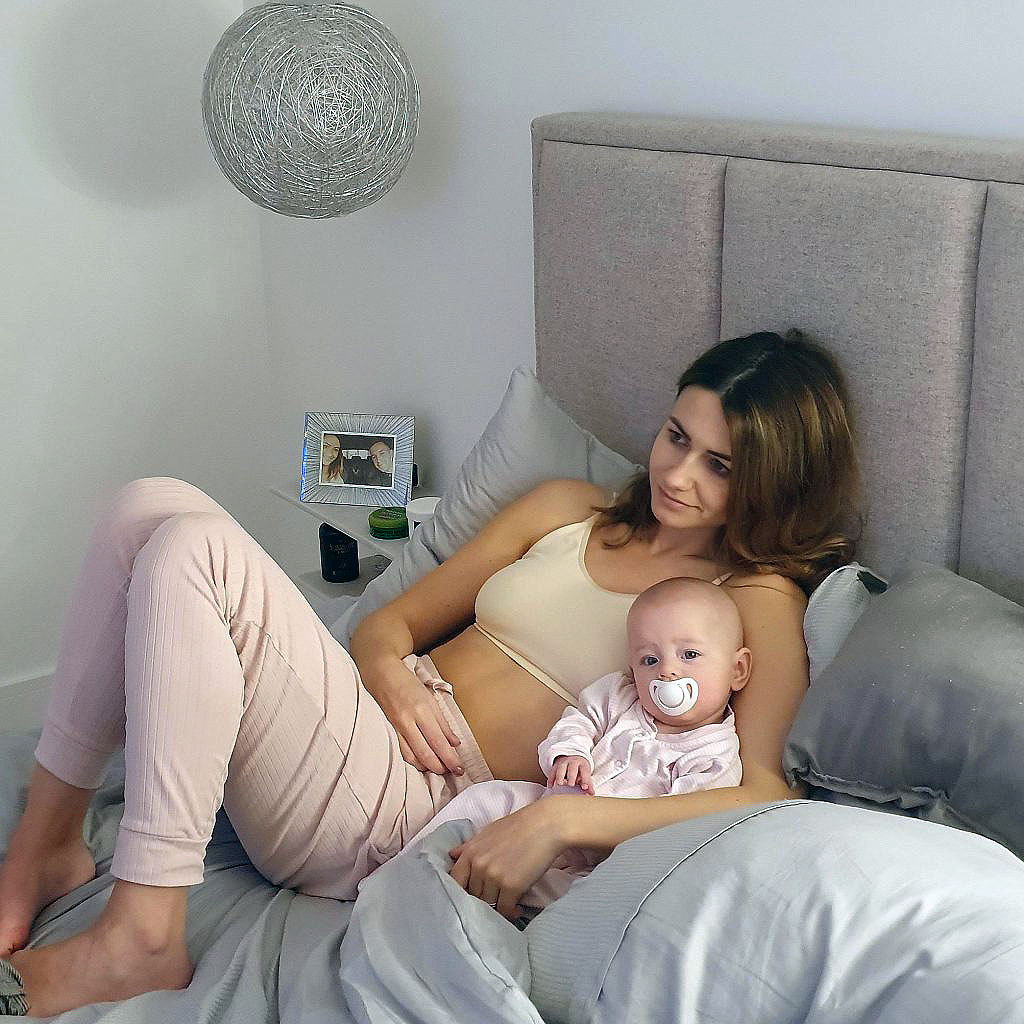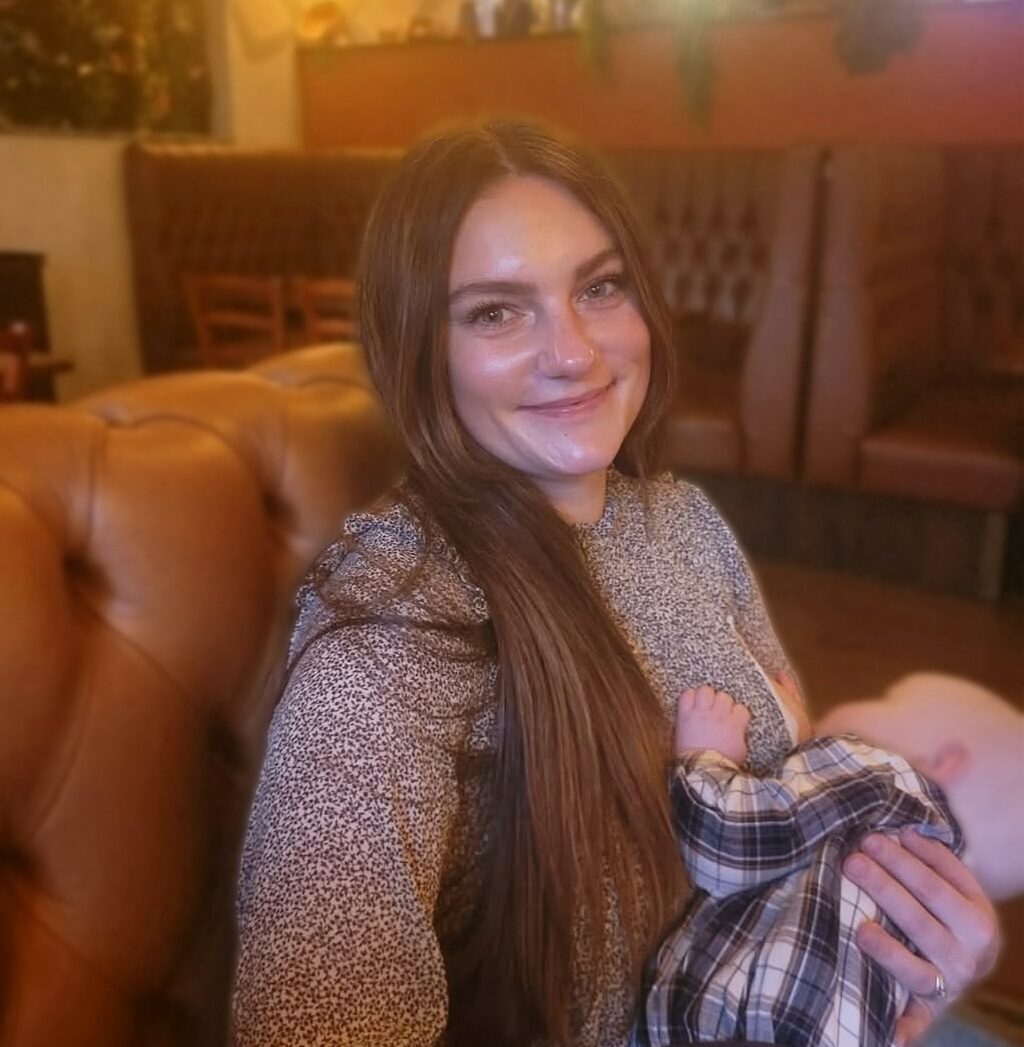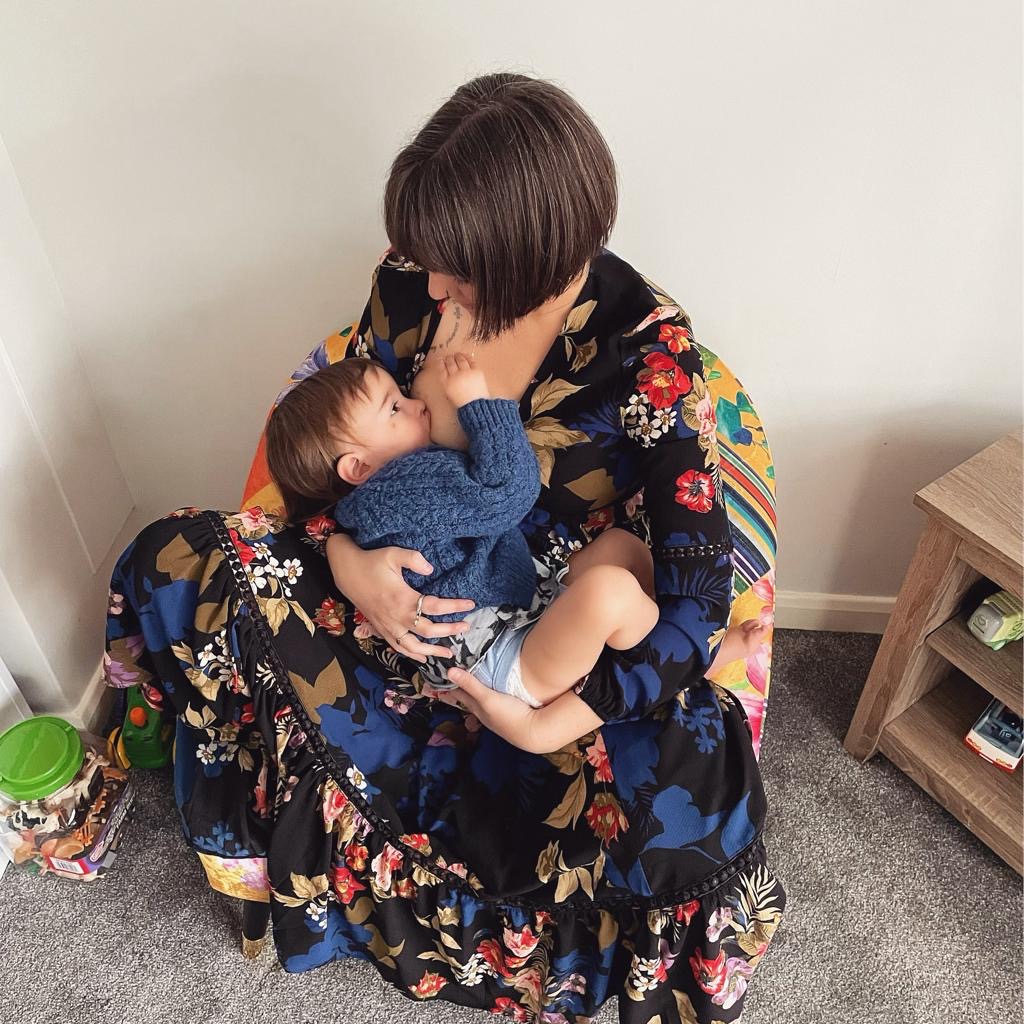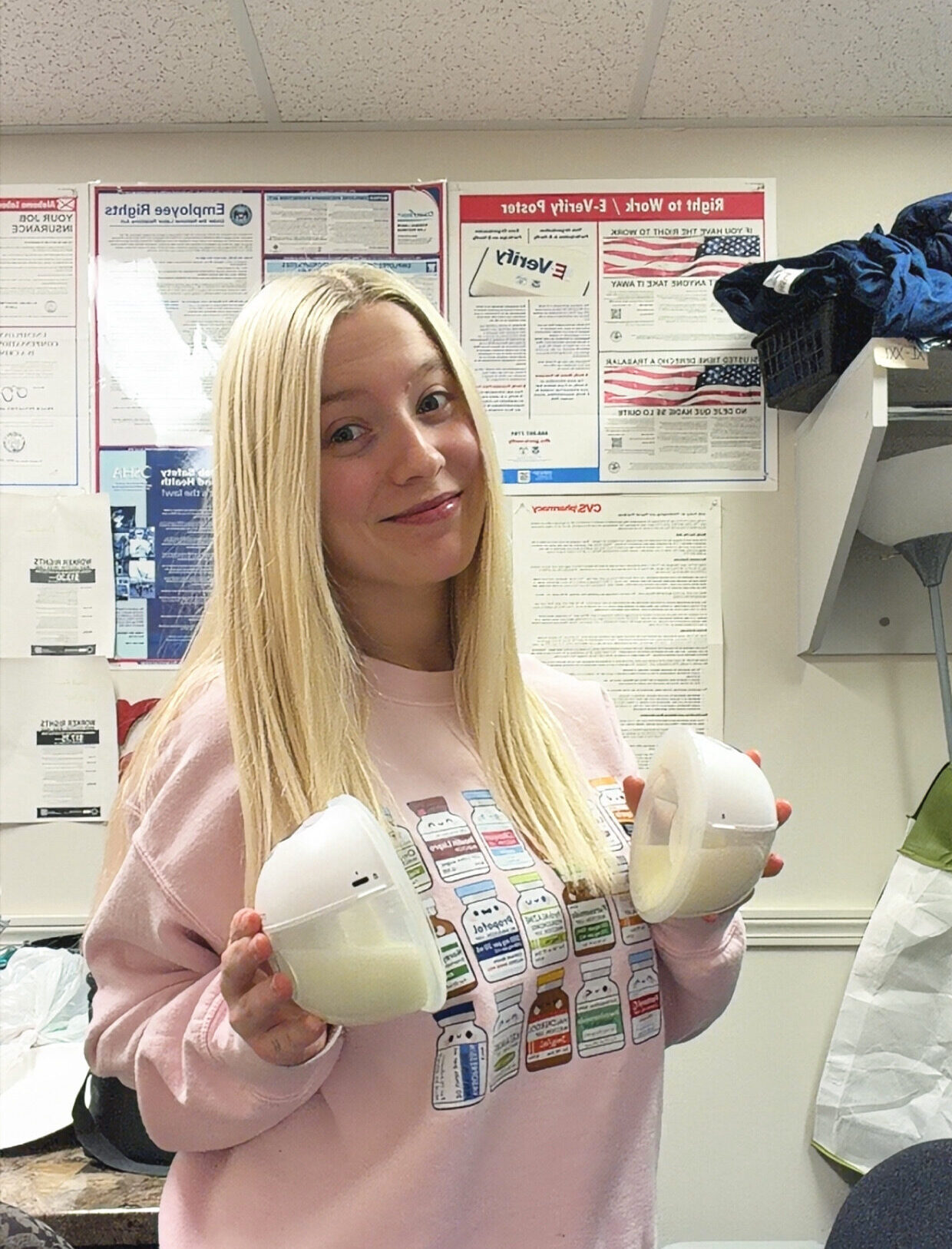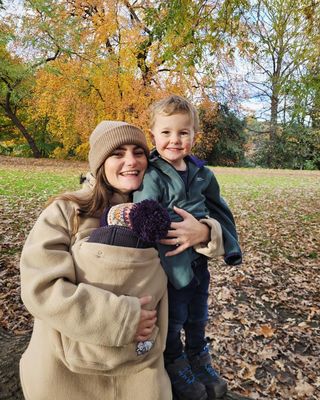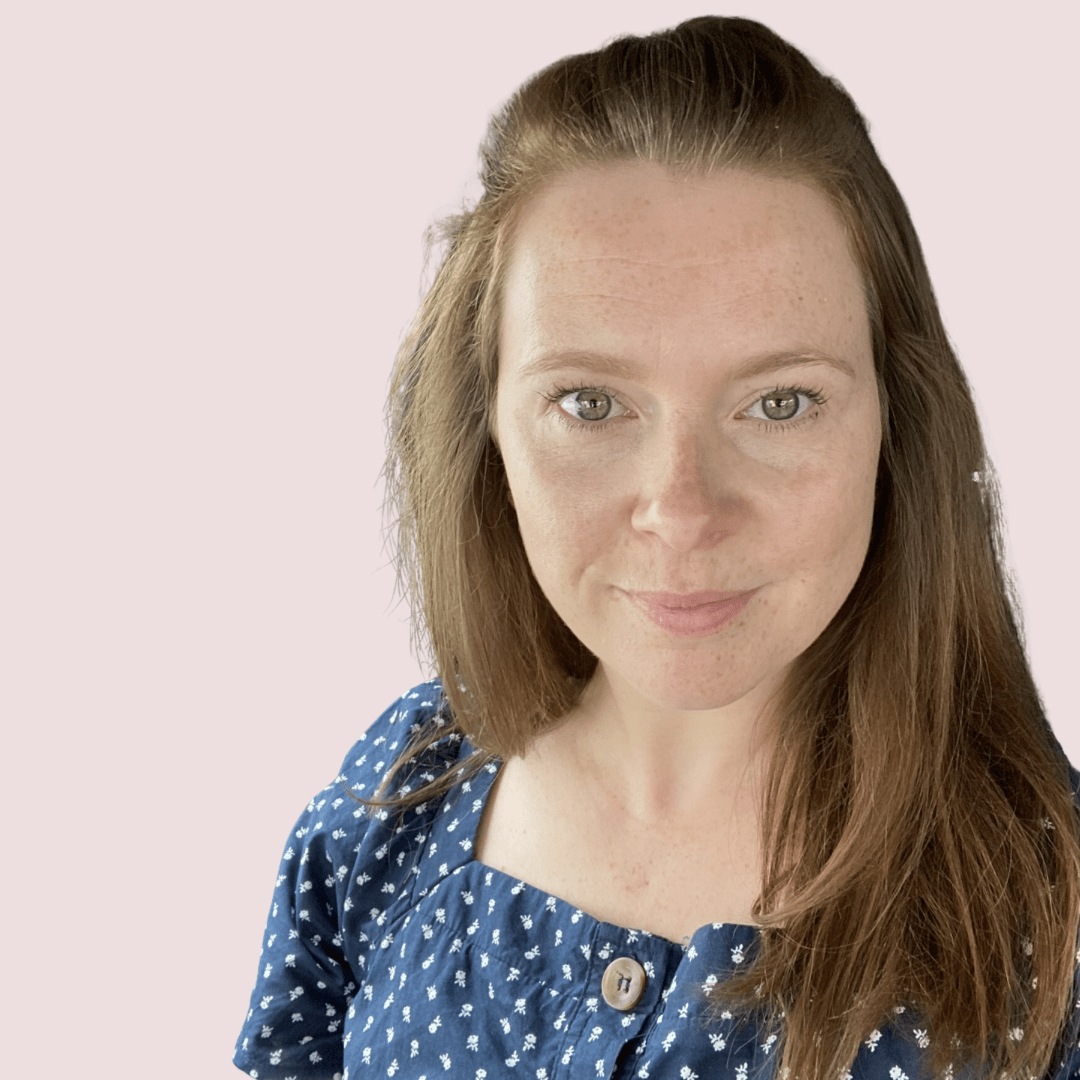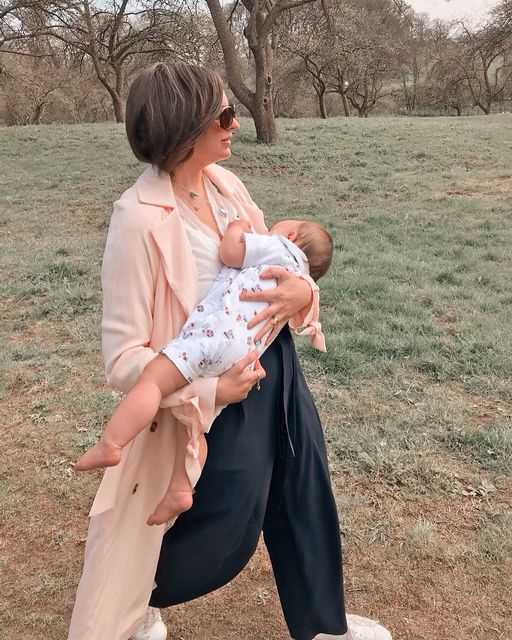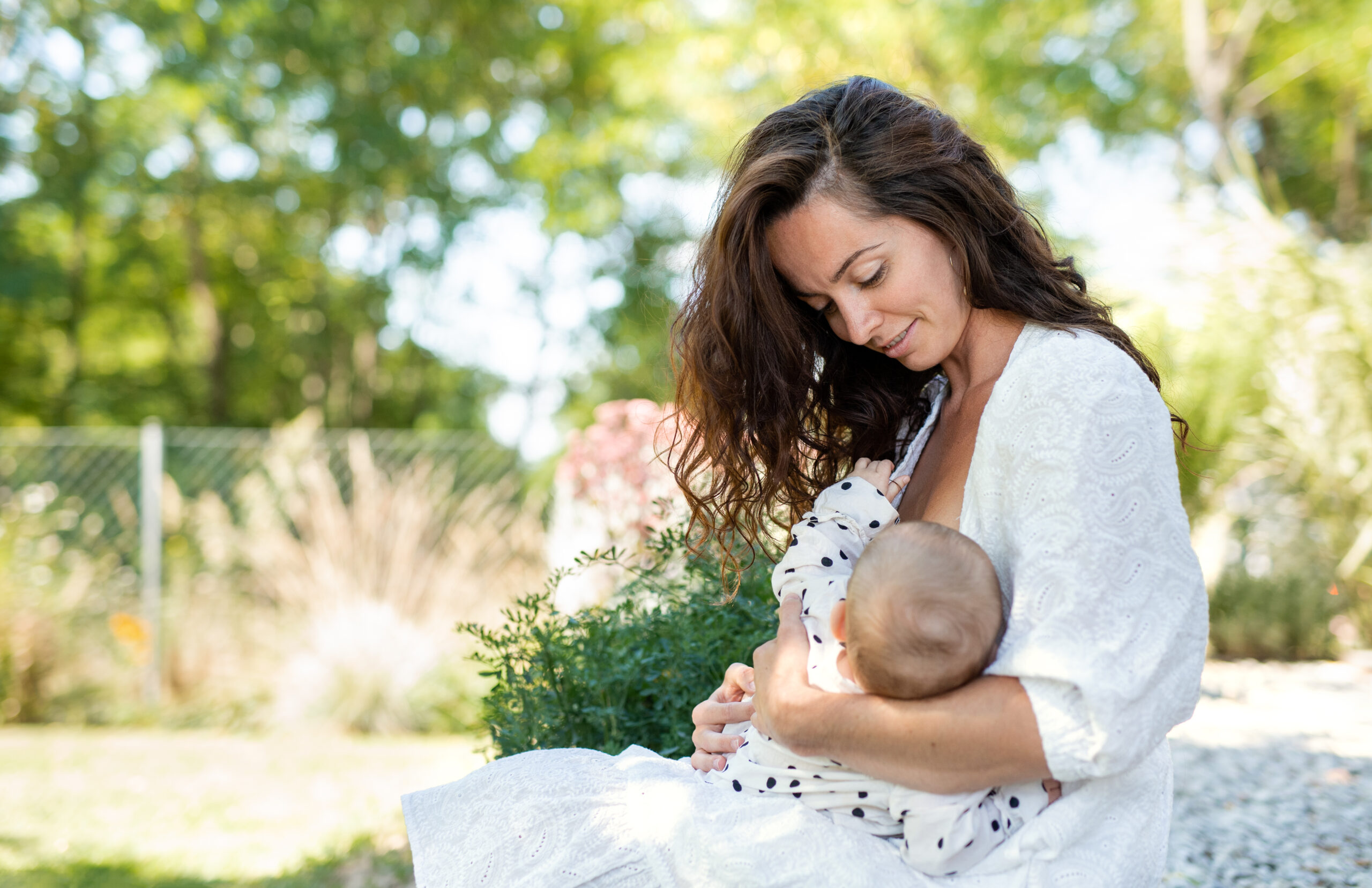There are lots of expectant and new mamas who experience mental health problems. From prenatal anxiety to postnatal depression, there are many different ways in which women can experience mental health problems before and after having a baby.
To mark Maternal Mental Health Awareness Week, we’ll be highlighting the stories of three women and their experiences with maternal mental health issues, but first, let’s look at what exactly Maternal Mental Health Awareness Week is all about.
What is Maternal Mental Health Awareness Week?
Maternal Mental Health Awareness Week takes place every year from 2-8 May. It is a week-long campaign dedicated to talking about mental health problems during and after pregnancy. Raising awareness of maternal mental health issues helps women and families impacted by perinatal mental health problems to feel seen, heard, and supported.
It’s all about raising public and professional awareness of perinatal mental health problems, advocating for women affected by it, changing attitudes and helping families access the information, care and support they need to recover.
Maternal Mental Health Alliance
Charlotte’s story – Bipolar Disorder and the onset of Postnatal Depression
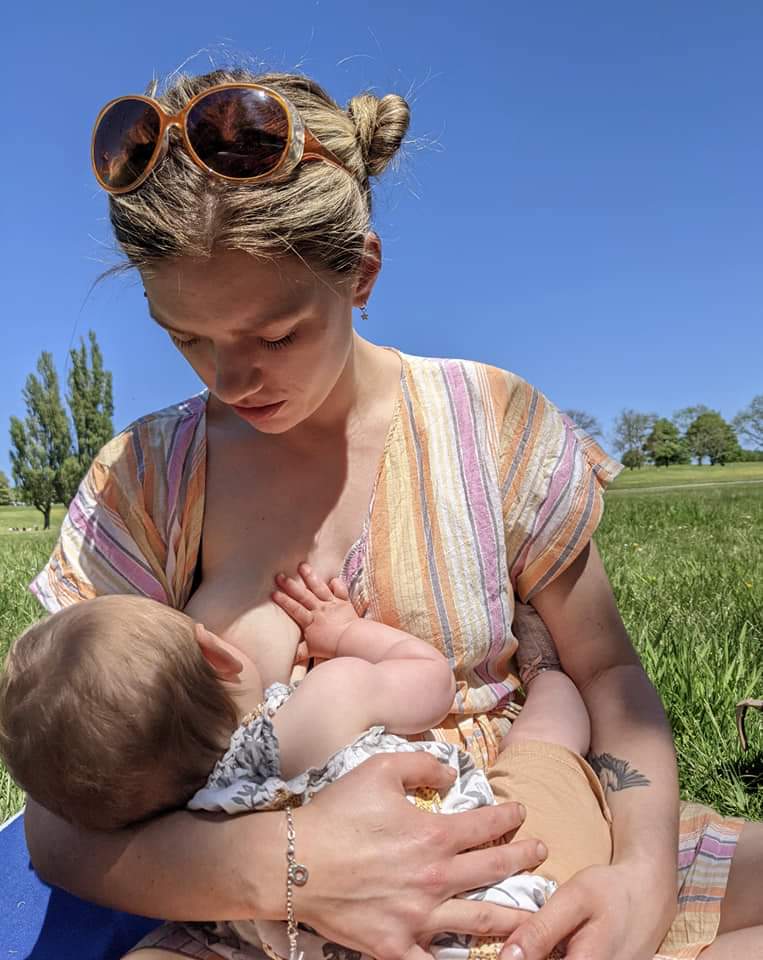
“Having been diagnosed with Bipolar Disorder in my early twenties, I knew that I was at an increased risk of becoming mentally ill after giving birth and I worried how this could impact my bond with my baby. Fortunately, after giving birth to my daughter Murphy, I got breastfeeding established easily and I felt confident in my ability to feed and comfort my baby.
Sadly, my postnatal mental health journey didn’t go as well as our breastfeeding one did. With the combination of my partner returning to work and Covid 19 lockdown restrictions, I found motherhood incredibly lonely and isolating. I spent long days alone with Murphy and my anxieties: was I a good enough mum, did I play with her enough, was I helping her to develop, what was I doing wrong?
Slowly, my loneliness developed into postnatal depression and I became so unwell that I was admitted to a Mother and Baby Unit. These are special hospitals for women who experience mental illness in pregnancy or the first year after having a child and facilitate babies being admitted alongside their mothers. This meant that we could continue to breastfeed for the duration of our two-month stay, which cemented the special bond that we had.”
Read Charlotte’s full story here.
Rebecca’s story – consultant-led during pregnancy due to a history mental health issues
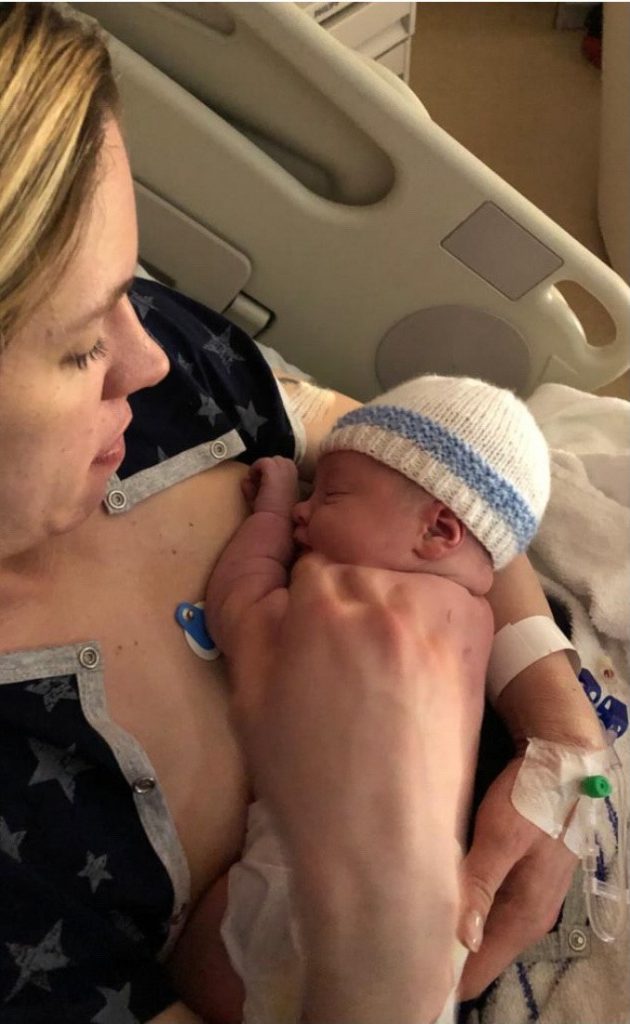
“I was blessed to give birth to my beautiful baby boy earlier this year. I was consultant-led during my pregnancy due to a history of mental health issues, and was labelled as high risk for postnatal depression. I suffer from anxiety disorder and had in the past suffered from severe depression.
The reality of a newborn baby was something I was not prepared for. Our whole lives were completely turned upside down, and I struggled to cope. I felt my old feelings of depression start to sneak back in. On top of that, breastfeeding wasn’t easy initially either, as the responsibility for all the feeding was on me. On one of the first nights, my husband came to sit up with me while I fed the baby through the night. “Go!” I said to him while more or less shoving him off the sofa. “There’s no point in us both being sleep deprived, you rest!”.
Adrenaline got me through at first, but as the days (and nights!) wore on I questioned whether I could keep it up. I was just so tired and so stressed…the thought of someone being able to help me made formula seem so tempting. I dropped my previous exclusively breastfeeding goal of 6 months down to 4.5 months, and figured I’d be lucky if I even made it to that!”
Read Rebecca’s full story here.
Georgie’s story – Perinatal Anxiety and Postnatal PTSD during a pandemic

“When my husband and I decided to try for a baby I had a lovely idea of what my pregnancy and maternity leave would be. There would be family visiting and cooing over the baby, coffee dates and playdates with friends and their babies, breastfeeding support groups, baby swim classes…
My maternity leave started way earlier than I expected after giving birth to my daughter prematurely at 30 weeks. The first 5 weeks were spent in NICU away from my husband and family. Baby Freya was so tiny and needed expert care. I didn’t get to take her home as others did and couldn’t see my husband with her until our discharge because of the Covid restrictions. As you can imagine it was a really stressful and agonising time for us.
I will always be thankful that Freya is here for me to even have a maternity leave but I do feel sad for what I believe the two of us missed out on. I do feel that having my baby during a pandemic has exacerbated the perinatal anxiety and postnatal Post Traumatic Stress Disorder (PTSD) following her premature birth. After contacting the wellbeing team in my local area I am now having Cognitive Behavioural Therapy (CBT) to help me.”
Read Georgie’s full story here.
Maternal mental health matters
According to the mental health charity MIND “A ‘perinatal’ mental health problem is one that you experience any time from becoming pregnant up to a year after you give birth.”
If you have concerns about your mental health and wellbeing before, during or after you’ve had a baby then please seek out help and support. Talk to friends and family about how you are feeling, speak to your doctor, midwife, or health visitor as they are there to help advise and support you. You can also make contact with mental health support groups and helplines, where you can speak confidentially.





